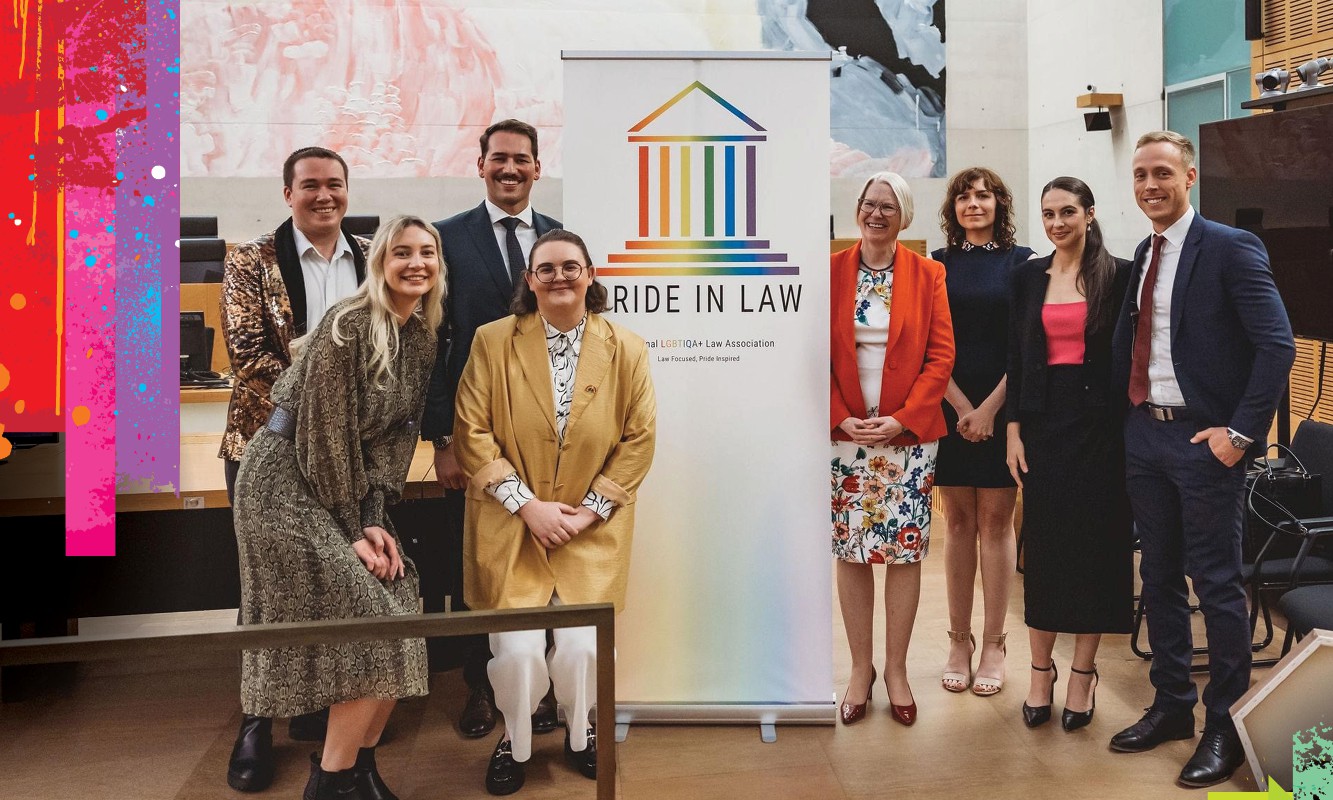This content has been archived. It may no longer be relevant
Queensland taxpayers are slugged an average $293 a day to house, feed, clothe and care for each and every person held in detention.
This is in excess of $107,000 a year for every person in detention, according to the most recent Productivity Commission figures.
Since the formation of the Parole Board Queensland, one of its priorities has been to reduce this extraordinary cost to taxpayers by slashing delays to the release of prisoners granted immediate parole by judges and magistrates at the time of their sentencing.
Parole Board Queensland Deputy President Peter Shields said a review of estimated times for release of prisoners serving actual custodial jail sentences past their parole eligibility date had found that the average was 69 days.
A prisoner who may have been left languishing in jail – sometimes for several years – on remand awaiting sentencing can expect to spend almost twice as long behind bars past their “immediate release date” (132 days on average) despite being granted immediate parole by a court on the day they were sentenced.
“When you look at a lot of the legislation the Board is still working under a parole system that is a ‘one size fits all’ model,” he said.
“For example, when making an application for parole a prisoner must make it in the approved form and you must make it to the Board.
“The reality of that of course is that if you’re sentenced for drug trafficking you are going to receive a lengthy sentence of imprisonment. The legislation allows an inmate to make their application for parole up to six months before their eligibility date. So in those circumstances a prisoner may have served two years in prison, and six months before their eligibility they can make an application to the Board and, if everything is as it should be, they will be granted parole and notified of that many months before their release.”
Mr Shields said that, while that process would appear fair to inmates, the same system was not available to prisoners who had served lengthy periods of time in pre-sentence custody – which meant being held in jail until such time as they were tried or sentenced – and were granted immediate release orders by the courts at the time sentences were imposed.
“The opposite applies to someone who is remanded in custody and has done significant time while awaiting sentence,” Mr Shields said. “When they arrive at court and are sentenced that day, they may be sentenced to prison but with immediate parole eligibility because of the amount of time they’ve spent on remand.
“In these cases, the prisoner has to go back to the (correctional) centre, they have to fill out the approved form and have to provide that form to the Board.
“…The Board is still working under… a ‘one size fits all’ model.”
Peter Shields
“What we have found is that there has been an inequity for those prisoners who are sentenced to immediate parole eligibility because the Board wasn’t able to assess their applications for a period of approximately three months. That is inconsistent with the order of the court.”
To remedy that inequity, the board – in an initiative instigated by Mr Shields – created the Court Ordered Immediate Parole Eligibility Project (COIPE).
“The COIPE Project is designed to prove the case that if we have the resources available the Board can deal with those prisoners sentenced to immediate eligibility in a timely fashion. And by doing it in a timely fashion we can prove the incredible saving that flows from not having to keep them in jail.
“The COIPE Project has been running (as a trial) in Ipswich since September (2019). The project to date has been successful. What we can show…is that so far we are saving on average $12,000$15,000 per prisoner, just on (prison) accommodation.
“We can also show (from the data collected) those prisoners are being released consistently with the order of the court. That is how it should be because how can we have a Supreme Court judge order that a prisoner is eligible for parole today and have a system where the Parole Board doesn’t get to look at the application for 3½ months?
“That’s not fair to the prisoner and it’s certainly not fair to the order of the court.”
Data held by the board shows that in 2018-19, 897 prisoners were sentenced to COPIE. During that same year, Parole Board Queensland granted 82% of prisoner applications.
Mr Shields said that, if the 735 inmates who were granted parole within two weeks of court orders (which is the COIPE Project’s objective) – as opposed to the average 132 days they ordinarily spend awaiting parole hearings – the total cost saving to taxpayers each year would be about $25.41 million, or $34,500 per prisoner.
Figures provided exclusively to Proctor show that, since the introduction of the Ipswich COIPE trial, 80% of the 34 prisoners eligible for immediate parole via the Ipswich courts were released by the board within a third of the time of other immediate release parolees across Queensland.
Mr Shields said prisoners dealt with under COIPE has seen the average post-immediate release prison stay slashed from 132 days in prison to just 47 days.
He said the average savings to the government, and ultimately taxpayers, as a result of the small study sample was almost $400,000, or the equivalent of 1365 “prison bed days”.
“You can only imagine the cost savings if COIPE is successfully implemented state wide.”
He said the project had been so successful that the trial was set to be extended to orders made in the Beenleigh District and Magistrates Courts.
This story was originally published in Proctor April 2020.









Share this article